About #AHRSyllabus
The #AHRSyllabus is a collaborative project designed to help teachers and students look "under the hood" at how historians in the early 21st century do the work of history. Each contribution to the syllabus will feature a practical hands-on teaching module that foregrounds innovative uses of historical method in the classroom. Beginning in September 2023, every AHR issue includes one or two #AHRSyllabus modules. All #AHRSyllabus modules are freely available through the AHR’s website to encourage wide classroom adoption.
Modules
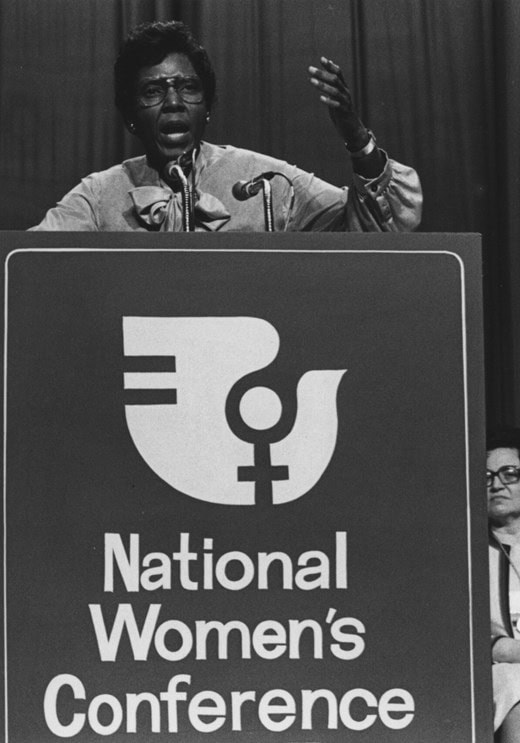
Sharing Stories from 1977: Igniting Student Interest in US Women’s History
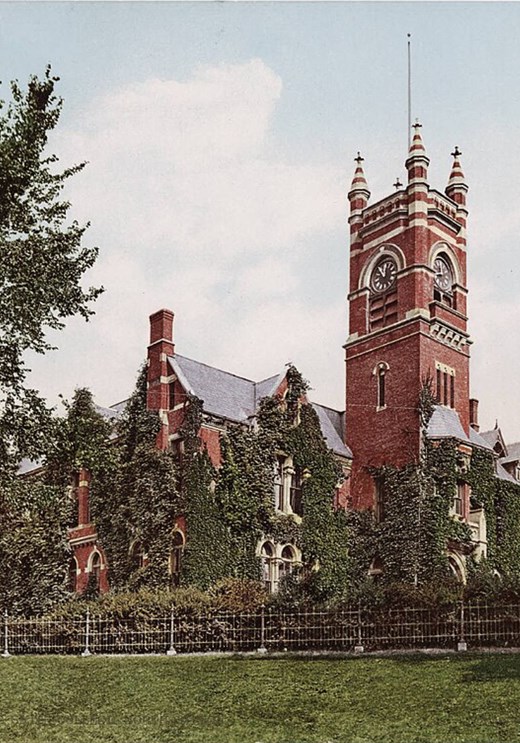
Unpacking the History of Higher Education
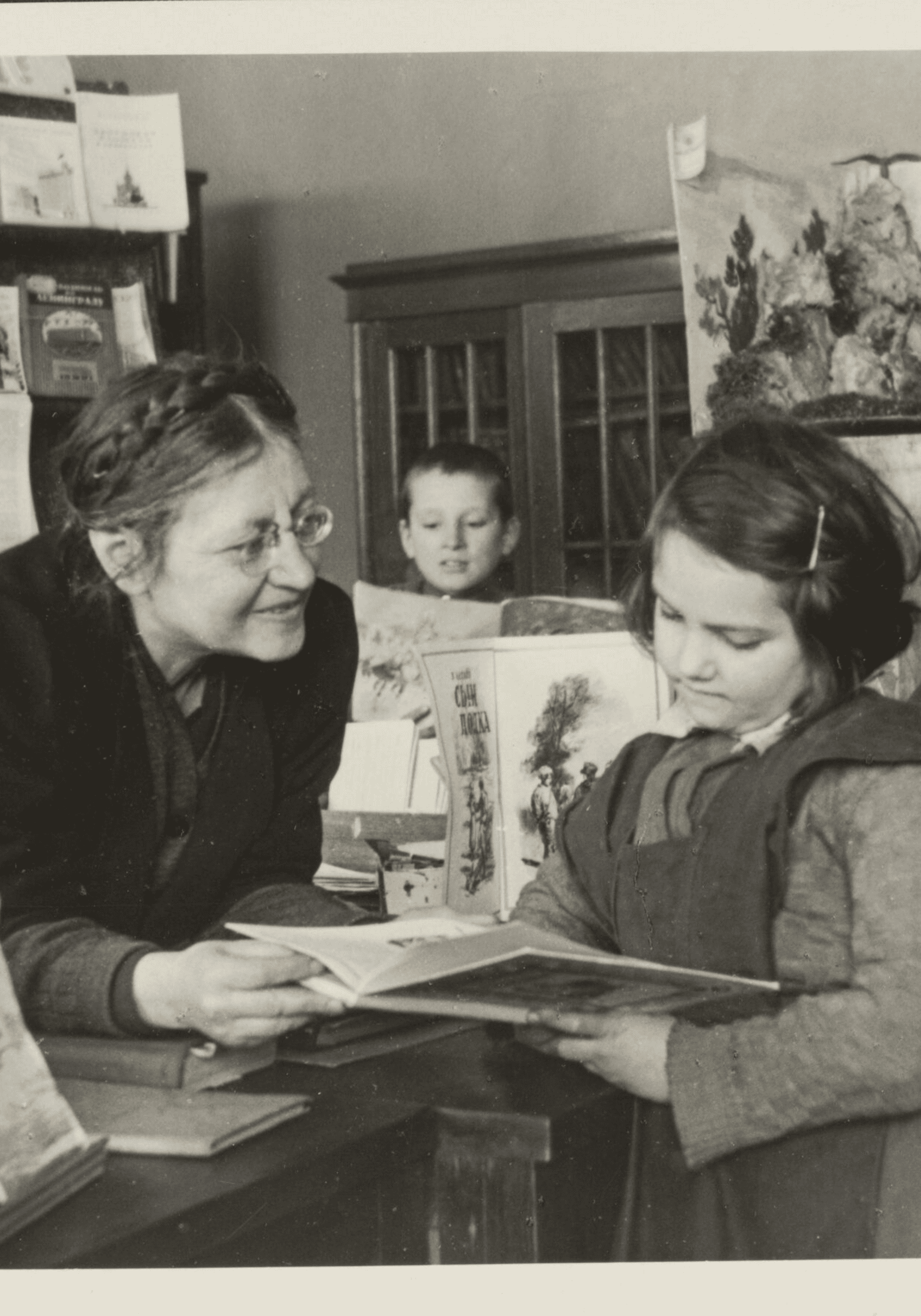
Teaching Historical Thinking Through a Primary Source Database: Everyday Life Under Stalin
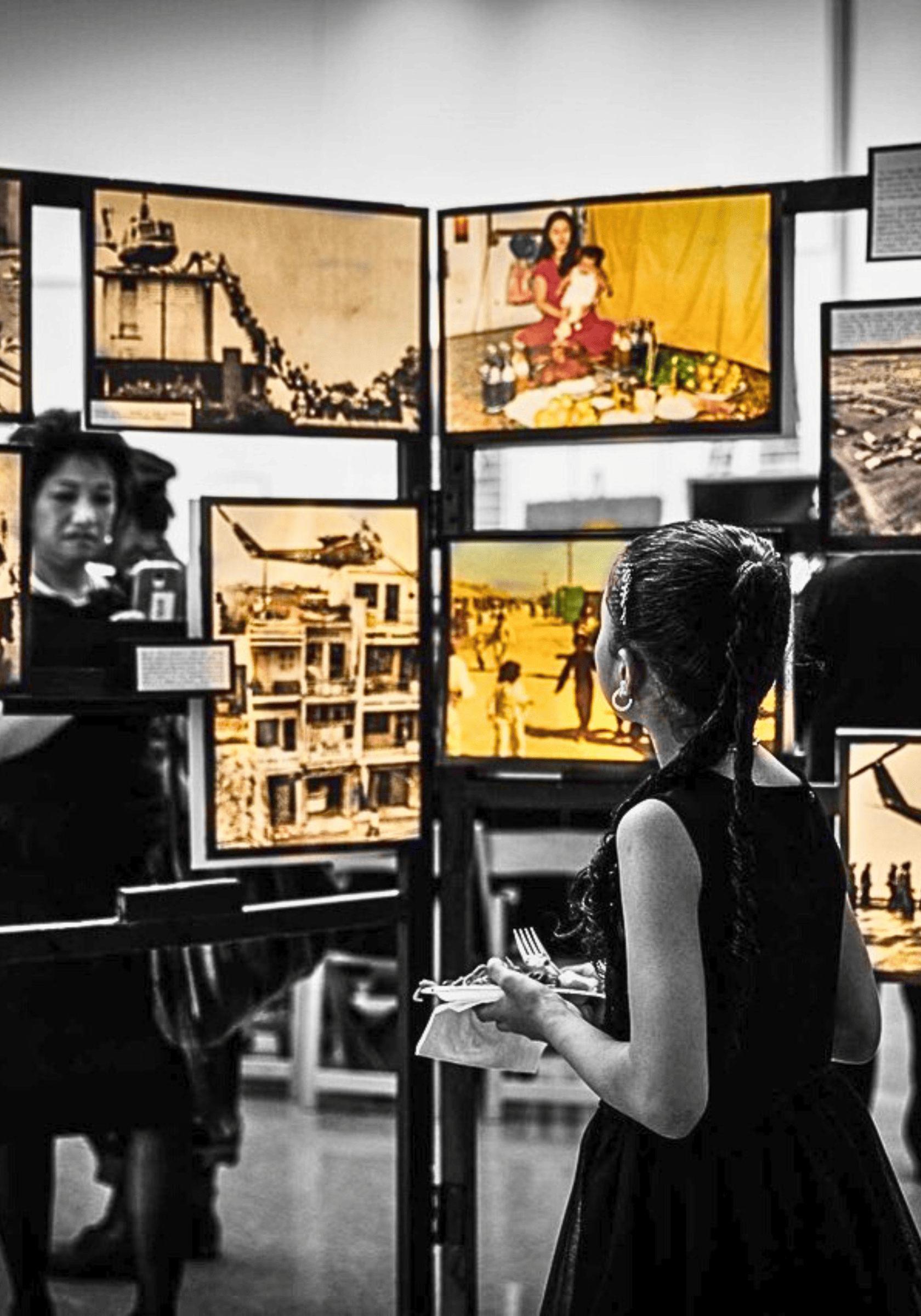
Teaching the History of the Vietnam Wars: A Geographic History of the Vietnam Wars
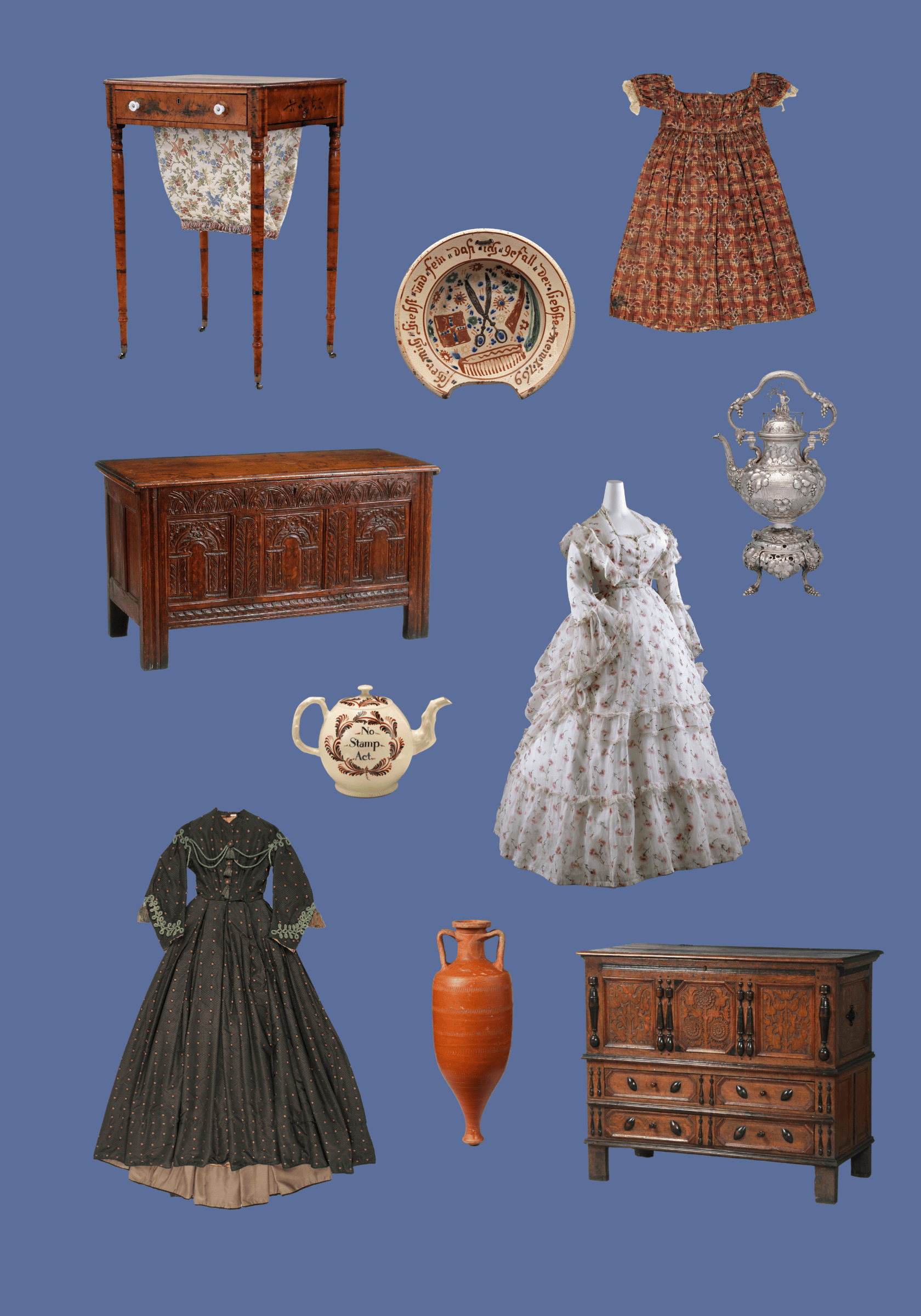
A Case for Objects: Material Culture in the History Classroom
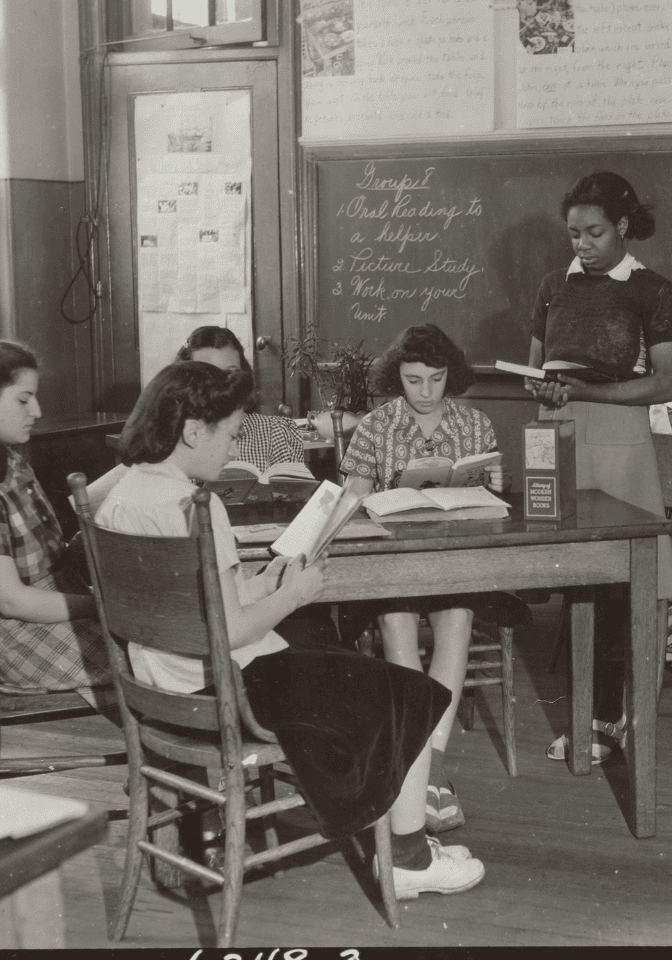
Good Question: Right-Sizing Inquiry with History Teachers
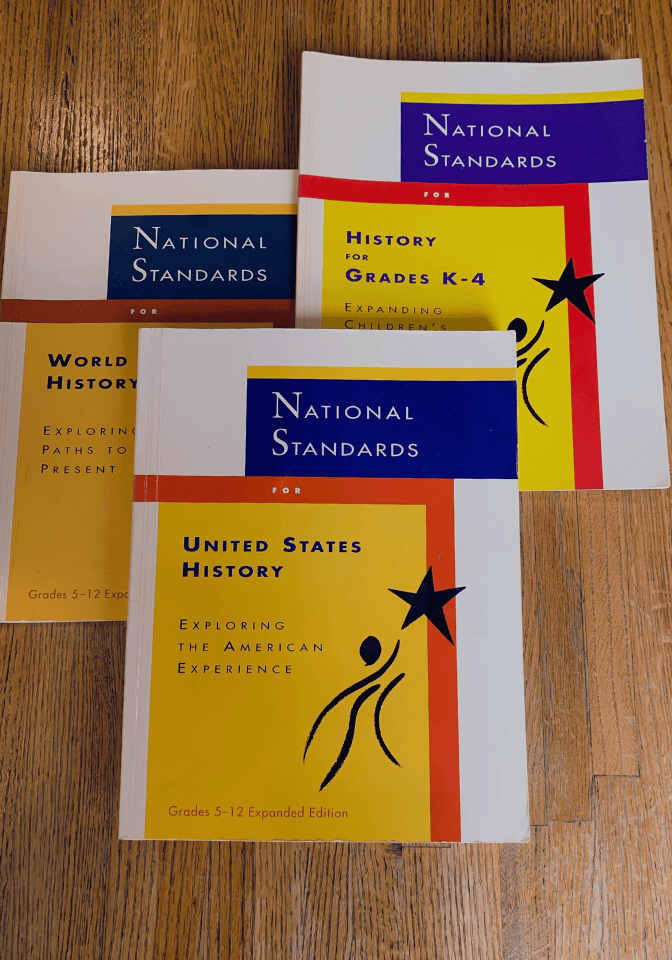
Teaching How Official History Is Made: State Standards as Primary Sources
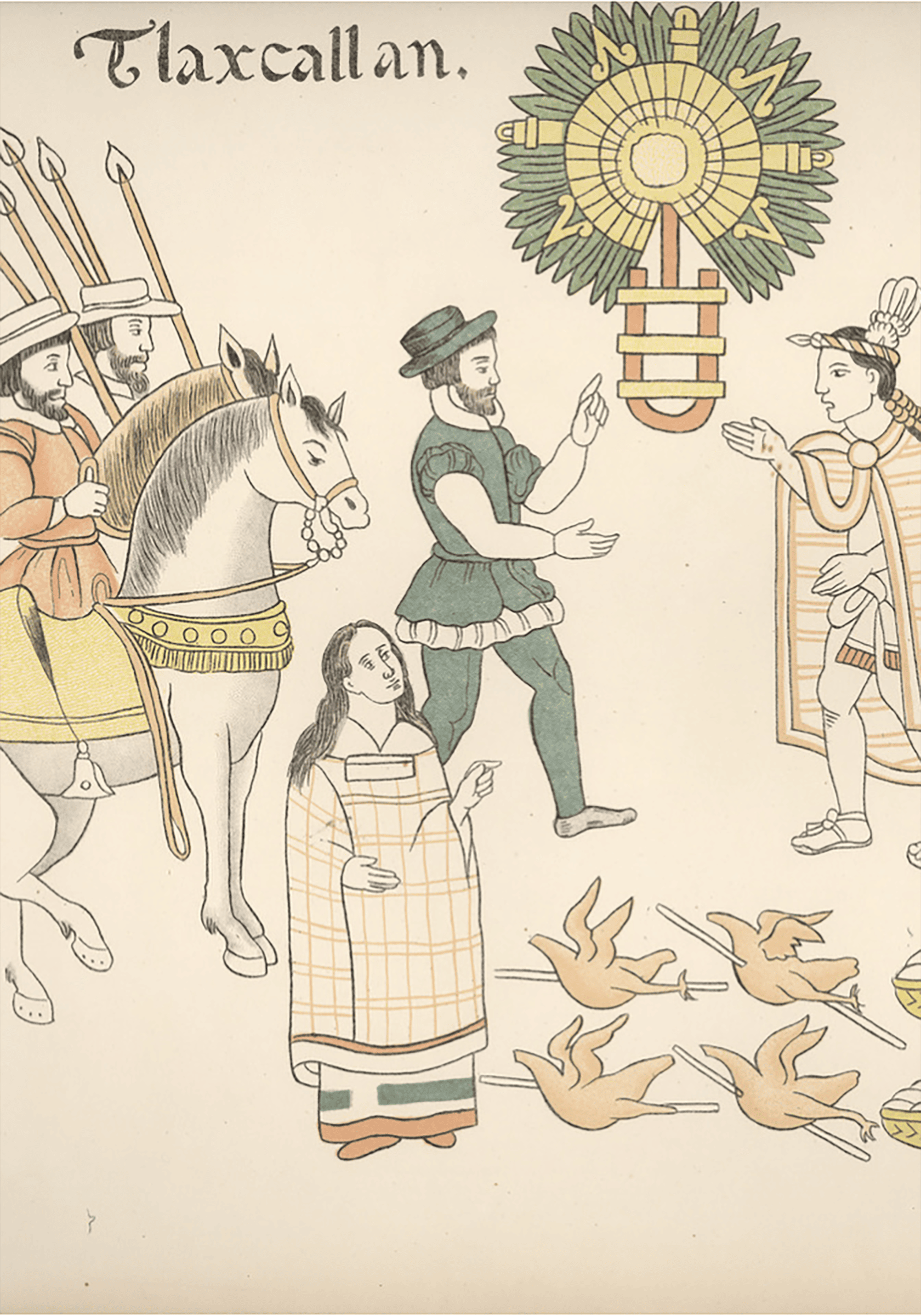
How to Teach an AHR Article
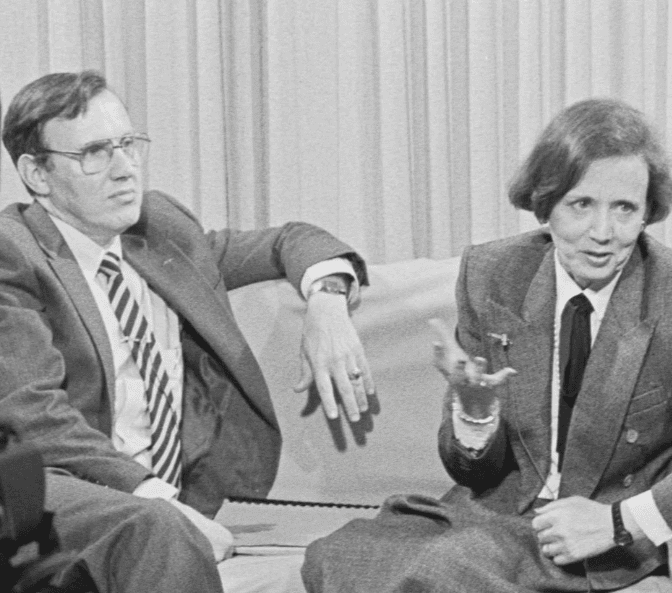
Teaching Historiography: Testimony and the Study of the Holocaust
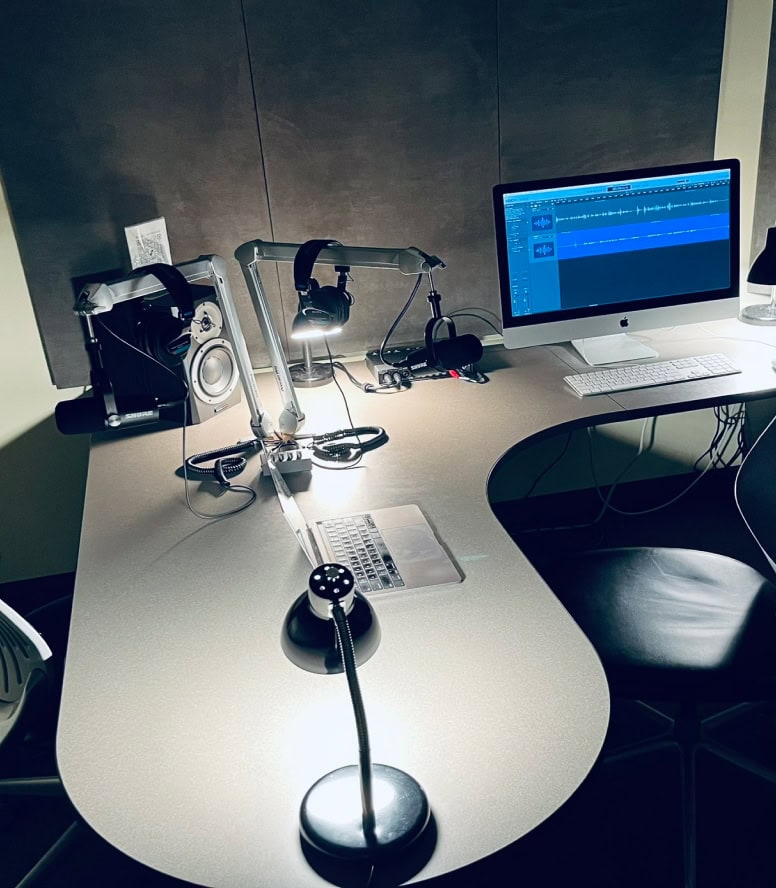
Historical Podcasts in the Classroom
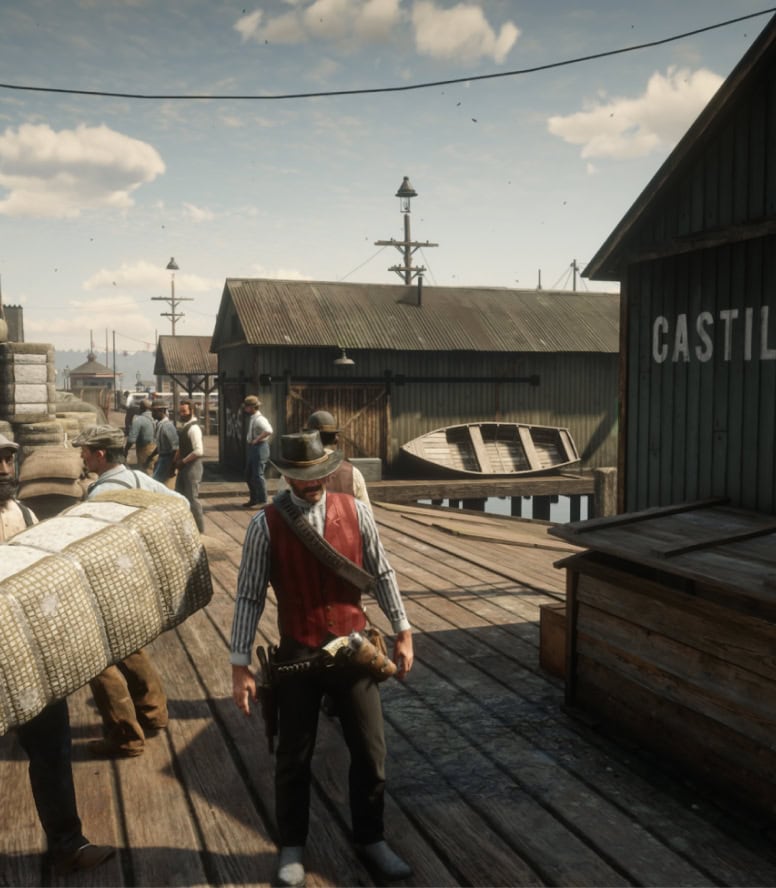
Teaching History with Video Games
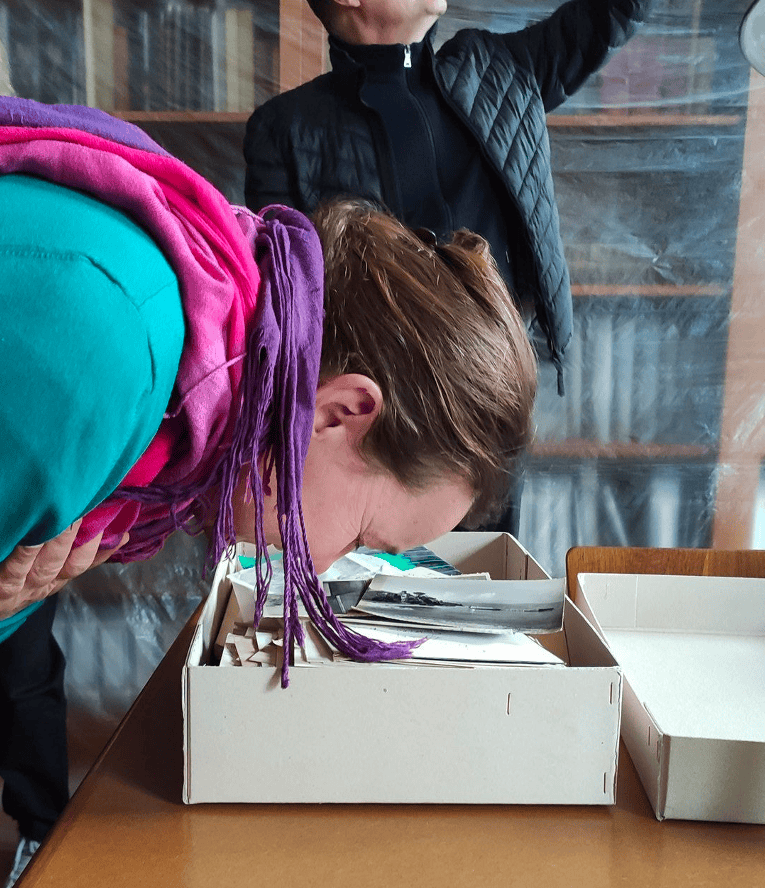
Knowing by Sensing: Teaching Sensory History
History in Focus on #AHRSyllabus
Listen to recent episodes with authors of #AHRSyllabus pieces.
Teaching Historiography + Chilling Affects
History and Video Games + Digital Submission Guidelines
Teaching History
Introducing the #AHRSyllabus Project
Debuting in September 2023, the #AHRSyllabus project represents the first dedicated space for discussions about teaching and learning in the pages of the American Historical Review. AHR Editor Mark Bradley and AHA Teaching Division Vice President Kathleen Hilliard spoke with with Aya Marczyk and Tore Olsson about modules on teaching with historiography and historical gaming that they developed for this new series.